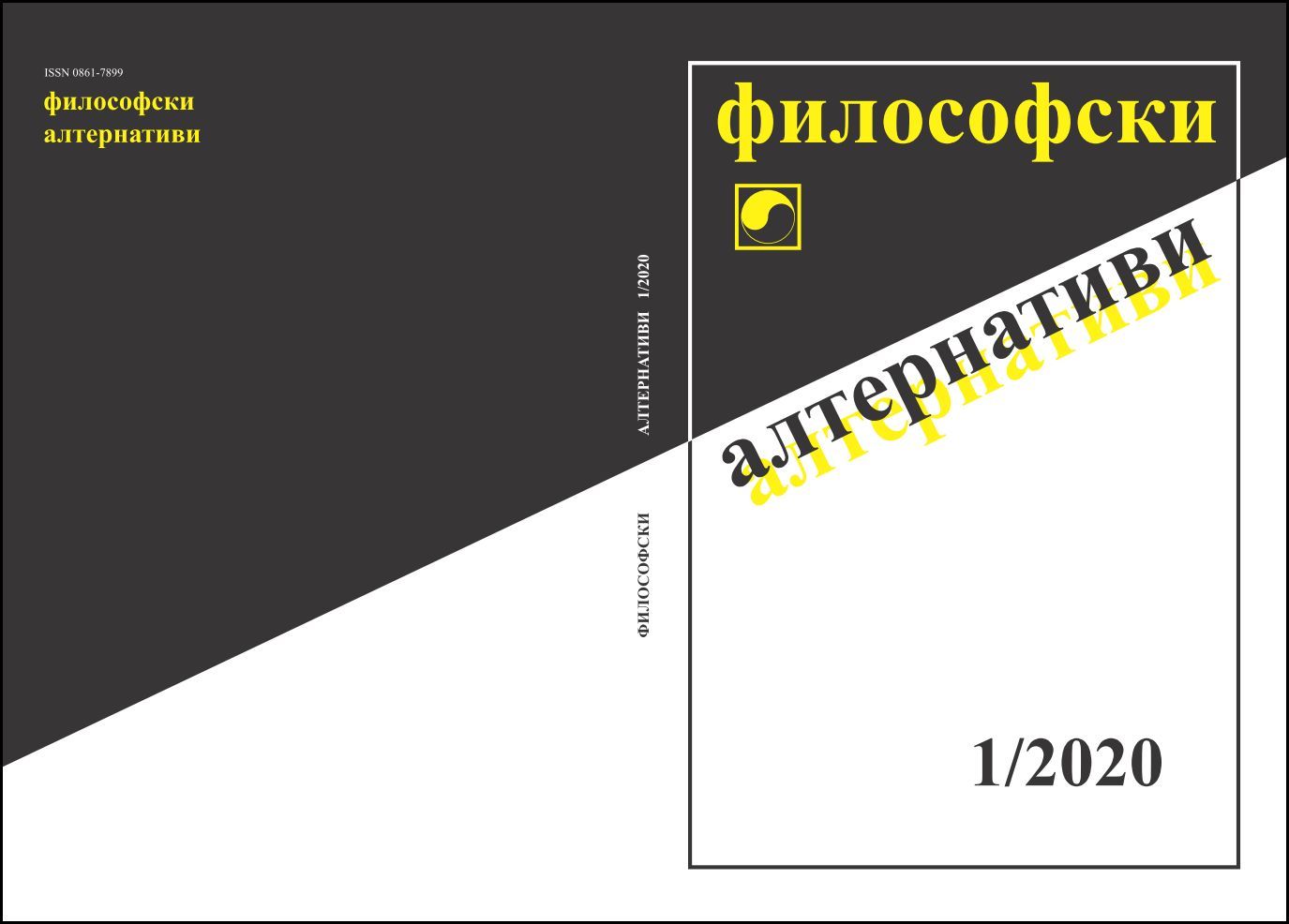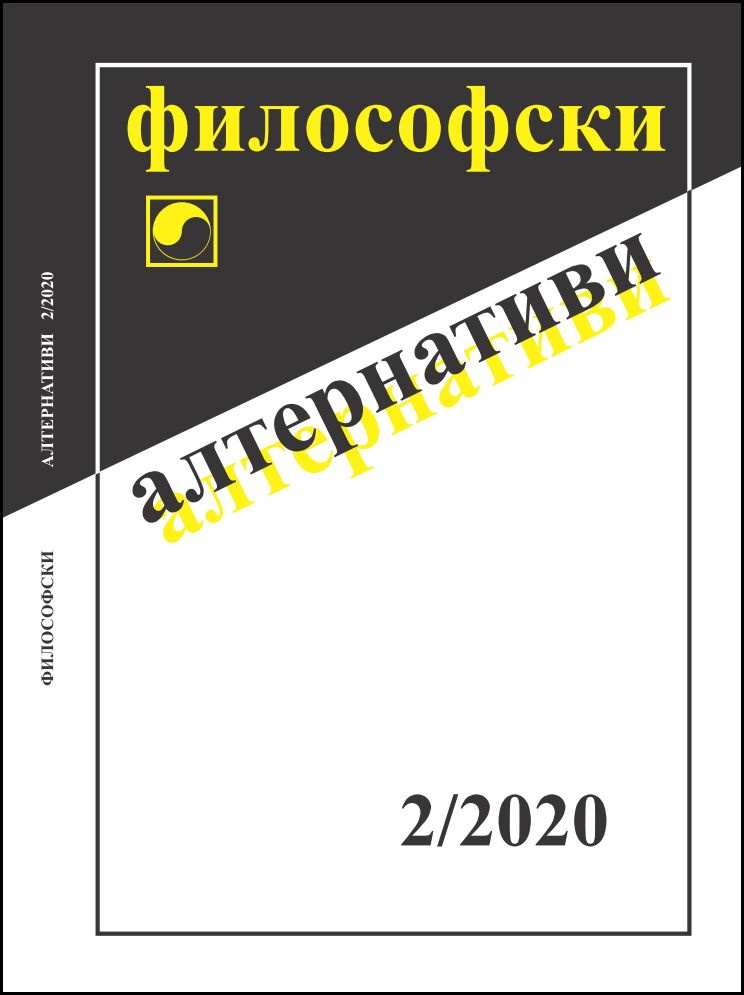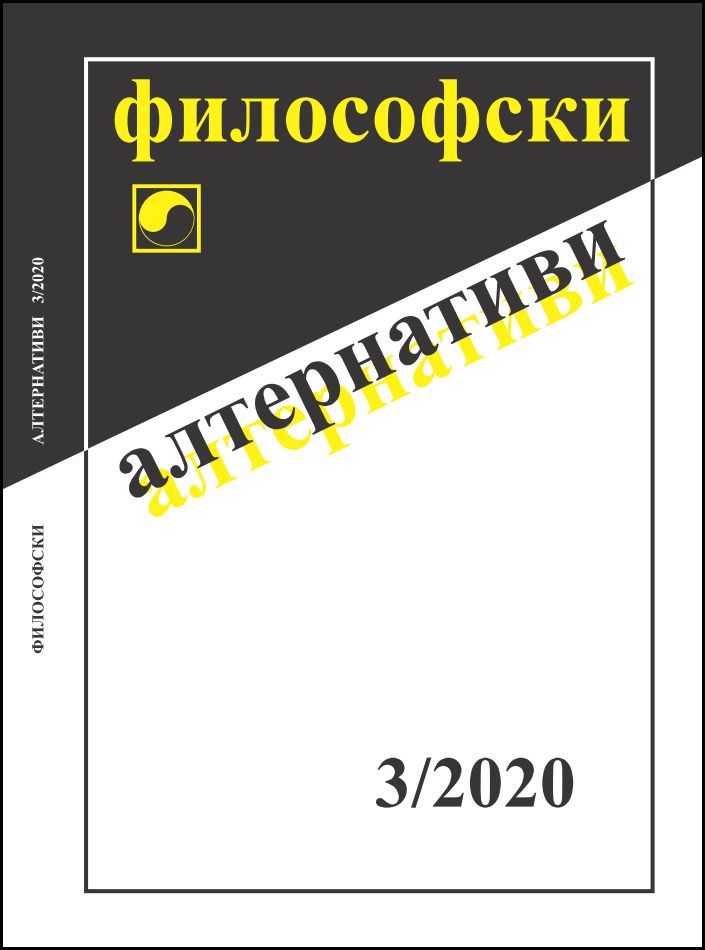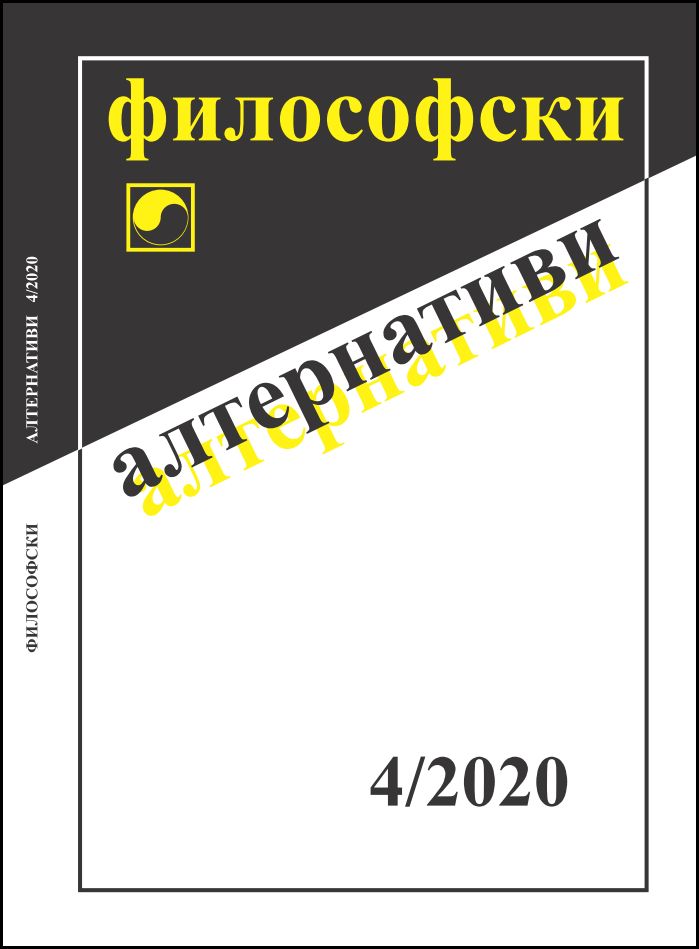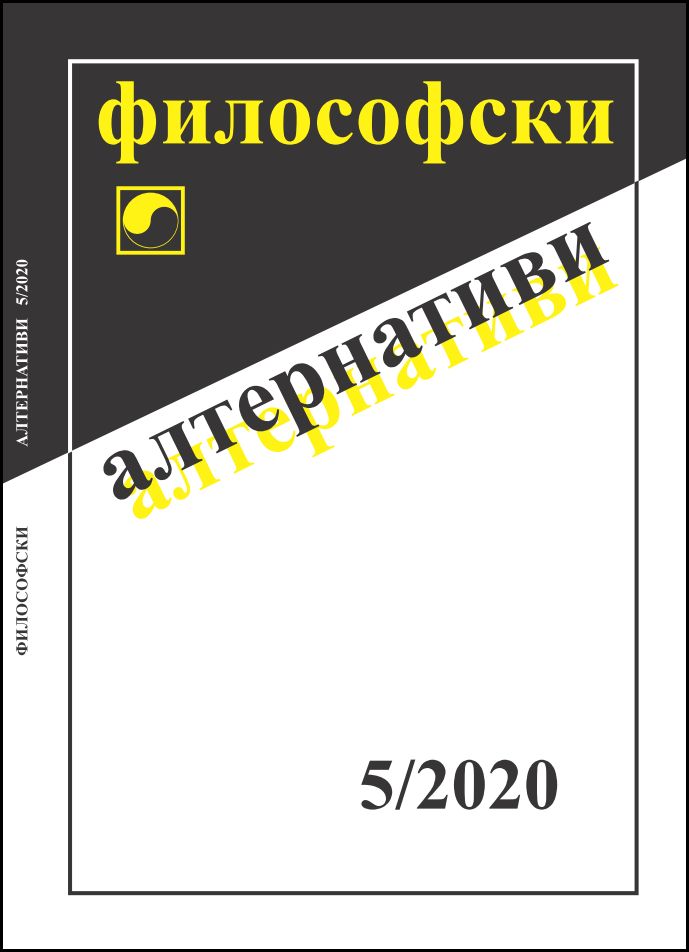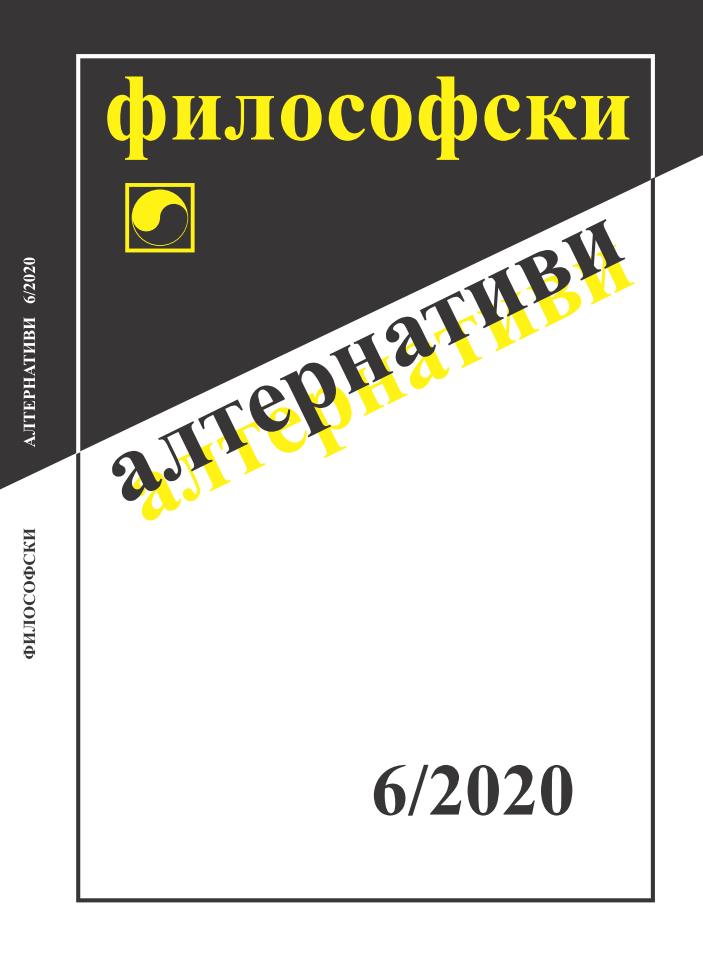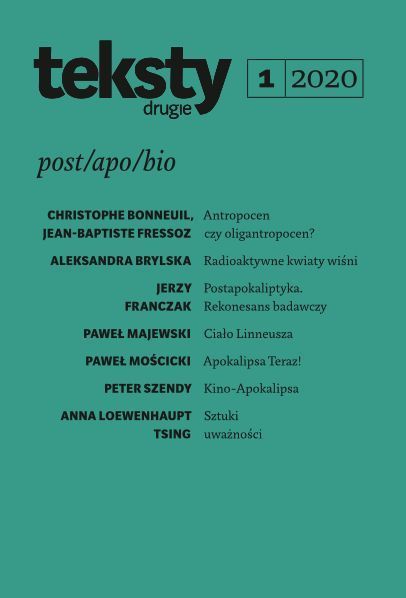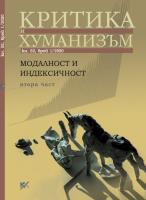Author(s): Bozhana Filipova / Language(s): Bulgarian
Issue: 52/2020
The following text attempts to reconstruct the system of modal notions in Novalis’ fragments in their immanent dynamic and transitivity, or, alteration. The first task would be to outline the structure of the concepts of potentiality and actuality and more precisely to break through the idea of a tendency of actuality towards Ansatzpunkt, ἔργον and to bring forward what defines and liberates activity, or preserves its free, poietic potential. A question, which arises from this, would be: what guarantees the maximum freedom, maximum potentiality, immanent within actuality? The expansion of the conceptual fields of the notions of potentiality and actuality, which can be traced back in the debates of German thinkers such as Spinoza, Leibniz, Kant and the German romanticists, allows us to define more precisely the core of endless potentiality within actuality. It is possible then to draw a structural similarity between potentiality within actuality and the energy of potentiality. A question follows: is it possible to find symmetric structures between persistence, as the fourth meaning of Aristotelian potentiality and the active potentiality within actuality? Does the resistance towards Ansatzpunkt guarantee potentiality within actuality? Are potentiality and actuality two modalities, which project their functions, aspects and meanings into one another, mirror their immanent dynamic, and without tending toward dialectic synthesis, tend to im-plant infinity within the finite, to outbreak, to fragment finality and actuality from within? The modalities of necessity and desire are presented as crossing this modal dynamic and possibly as meta-modalization of the modalities of potentiality and actuality, which also bend the coordinates of our experience, incline into existence.
More...
